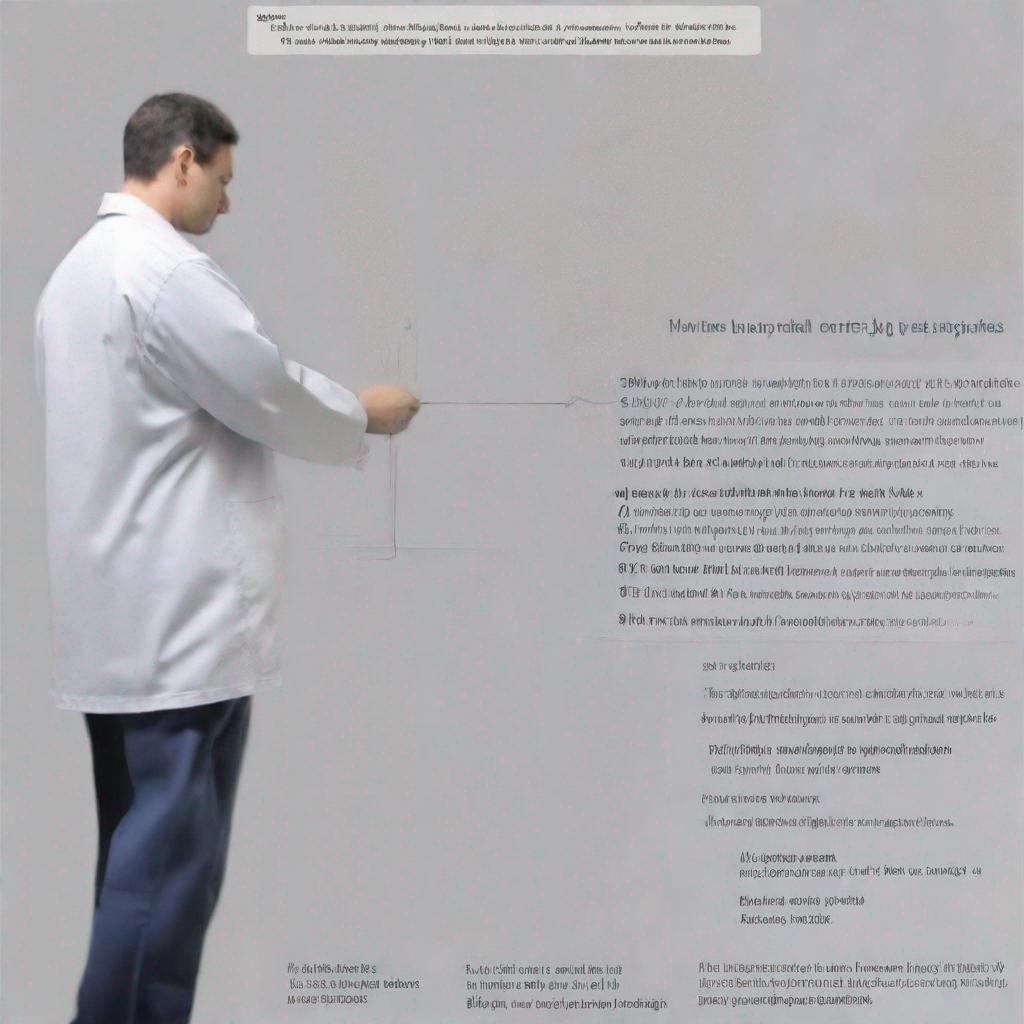## Psychiatric Assessment: Understanding Mental Health Evaluation
### Introduction
A psychiatric assessment is a comprehensive evaluation performed by a qualified mental health professional to assess an individual’s mental health and identify potential underlying conditions or disorders. It plays a crucial role in diagnosing and treating psychiatric illnesses, improving well-being, and providing personalized treatment plans.
### Procedure
A psychiatric assessment typically involves several steps:
1. **Clinical Interview:** The doctor conducts a detailed interview, asking about the individual’s symptoms, personal history, family history, current life situation, and any previous mental health treatments.
2. **Diagnostic Evaluation:** The doctor uses standardized tools, such as the Diagnostic and Statistical Manual of Mental Disorders (DSM), to evaluate the individual’s symptoms and make a diagnosis.
3. **Mental Status Examination:** The doctor observes the individual’s behavior, speech, mood, and cognitive abilities to assess their current mental state.
4. **Observation:** The doctor may observe the individual in different settings, such as during mealtimes or social interactions, to gather additional information.
5. **Psychological Testing:** In some cases, psychological tests may be used to objectively measure the individual’s cognitive abilities, personality traits, and emotional functioning.
### Diagnosis
A psychiatric assessment can help identify various conditions and diseases, including:
– Anxiety disorders
– Bipolar disorder
– Depression
– Eating disorders
– Mood disorders
– Personality disorders
– Post-traumatic stress disorder (PTSD)
– Schizophrenia
– Substance use disorders
### Importance
Psychiatric assessments are significant for several reasons:
– **Early Diagnosis:** Identifying mental health conditions early on allows for timely intervention and treatment, improving outcomes.
– **Accurate Diagnosis:** Comprehensive evaluations help rule out other medical conditions that may mimic psychiatric symptoms.
– **Personalized Treatment:** The results of the assessment guide the development of individualized treatment plans tailored to the specific needs of the individual.
– **Crisis Intervention:** In cases where the individual poses a risk to themselves or others, psychiatric assessments are crucial for developing immediate safety plans.
– **Mental Health Monitoring:** Ongoing assessments can track the individual’s progress, adjust treatment as needed, and prevent relapse.
### Alternatives
In some cases, alternative tests or procedures may be used to complement or replace a psychiatric assessment, such as:
– **Medical Examination:** A physical examination can rule out underlying medical conditions that may be contributing to the symptoms.
– **Neurological Evaluation:** Tests such as MRIs or EEGs can assess brain function and rule out neurological conditions.
– **Substance Abuse Screening:** Tests can detect the presence of substances in the body, providing evidence of substance use disorders.
### Preparation
There is minimal preparation required for a psychiatric assessment. However, it is helpful to:
– Be honest and open about your symptoms and experiences.
– Bring any relevant medical or mental health records.
– Consider bringing a family member or friend for support.
### Duration
The duration of a psychiatric assessment varies depending on the complexity of the individual’s presentation. On average, it takes approximately 1-2 hours. The results may be available immediately or within a few days.
### Recommendations
Following a psychiatric assessment, the doctor may recommend further evaluations or treatments, such as:
– **Therapy:** Individual, group, or family therapy can help address the underlying issues contributing to the mental health condition.
– **Medication:** In some cases, medication may be prescribed to manage symptoms and improve mental functioning.
– **Hospitalization:** In severe cases, hospitalization may be necessary to provide intensive care and prevent harm.
– **Support Groups:** Joining support groups can provide a sense of community and support for individuals with similar experiences.
– **Lifestyle Modifications:** The doctor may recommend lifestyle changes, such as exercise, healthy eating, and stress management techniques, to support mental well-being.



